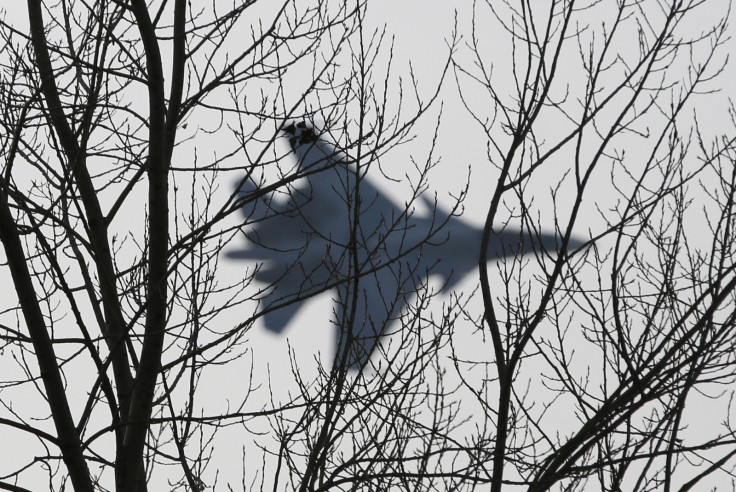UK foreign secretary Philip Hammond warns on Russia's 'extremely aggressive' probing of British air space

Britain's Foreign Secretary Philip Hammond has warned that Russia is becoming "extremely aggressive" in the probing of Britain's air space with their planes, only days after the Kremlin sent a fleet of warships to the English channel for "military exercises".
Speaking at a parliamentary committee hearing, Philip Hammond told politicians that he is becoming concerned over the heightened incidence of Russian planes using British air space for military exercises.
"It is entirely appropriate for Nato countries in particular to work together to respond to what is a change of Russia's dealings with Nato and indeed the non-Nato European countries," he added.
Meanwhile, on 28 November, a fleet of Russian warships entered the English Channel for "military exercises."
Lead by anti-submarine ship Severomorsk, the Northern Fleet squadron then ended up leaving the Straits of Dover after a storm hit.
Elsewhere, Russia has accused Nato of destabilising northern Europe with drills of their own and announced that it would also hold more military exercises in 2015 than this year.
"They are trying to destabilise the most stable region in the world - northern Europe," said Russian Deputy Foreign Minister Alexei Meshkov in an interview with the Russian news agency Interfax.
"The endless military exercises, transferring aircraft capable of carrying nuclear arms to the Baltic states. This reality is extremely negative."
However, Nato said it has had to bolster its defences in the Baltics since Russia seized Ukraine's Crimea peninsula in March 2014.
So far 4,300 people have died in the conflict and pro-Russian separatists dominate a number of regions in Ukraine.
"We see a significant military buildup in and around Ukraine," said Nato Secretary-General, Jens Stoltenberg, speaking in Brussels. "Large transfers of Russian advanced weapons, equipment and military personnel to violent separatists."
© Copyright IBTimes 2025. All rights reserved.





















